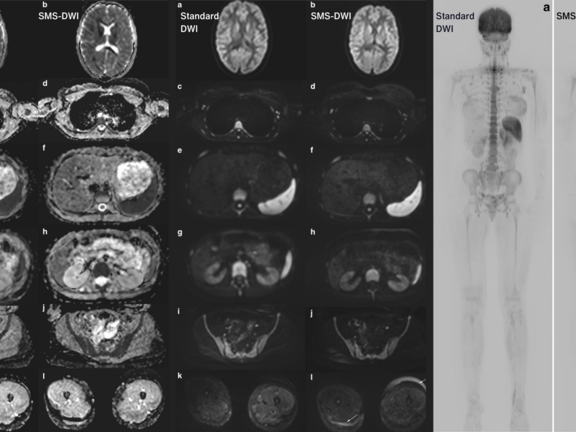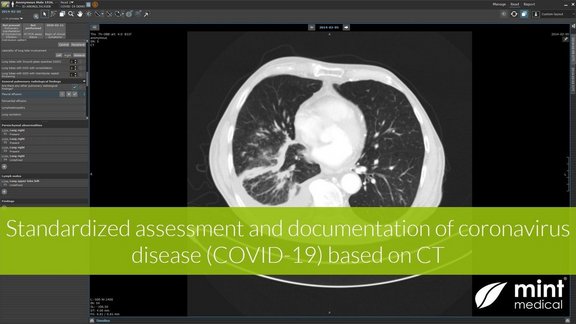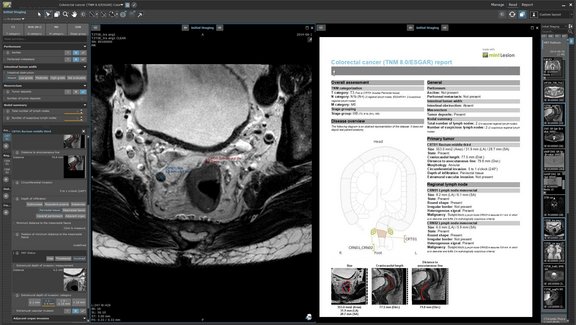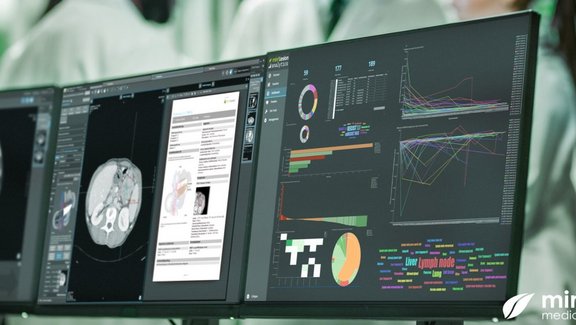As we mark Childhood Cancer Awareness Month, we would like to highlight the progress achieved in the realm of cancer diagnostics. A recent study led by Dr. med. Paul-Christian Krüger and his team from the Universitätsklinikum Jena sheds light on an innovative approach to whole-body MRI in children and adolescents using an advanced sequence that significantly reduces the time needed for the imaging procedure without compromising the quality of the images.
Such steadfast dedication to securing young patients' safety and comfort is truly heartwarming. This commitment motivates researchers to continuously perfect and elevate diagnostic methods while paving the way for progress in the early detection and treatment of childhood cancer.
Learn more about this study with mint Lesion™.

New Technique Speeds Up Whole-Body MRI for Children Without Sacrificing Image Quality, Study Finds
Related Resources
Related Resources

Standardized Reporting for COVID-19: mint Lesion introduces a new template
The COVID-19 pandemic has shown how vital rapid and standardized diagnostics are. Radiologists play a key role: CT imaging not only helps with early…

Clear, consistent, and complete documentation of imaging-derived information
The radiology report is expected to provide information that impacts life changing treatment decisions at every cancer care step in which imaging is…

Real-world data to enhance clinical trial evidence
In randomized controlled trials (RCTs), a vast proportion of patients does not meet the precise inclusion criteria. In oncology, for example,…